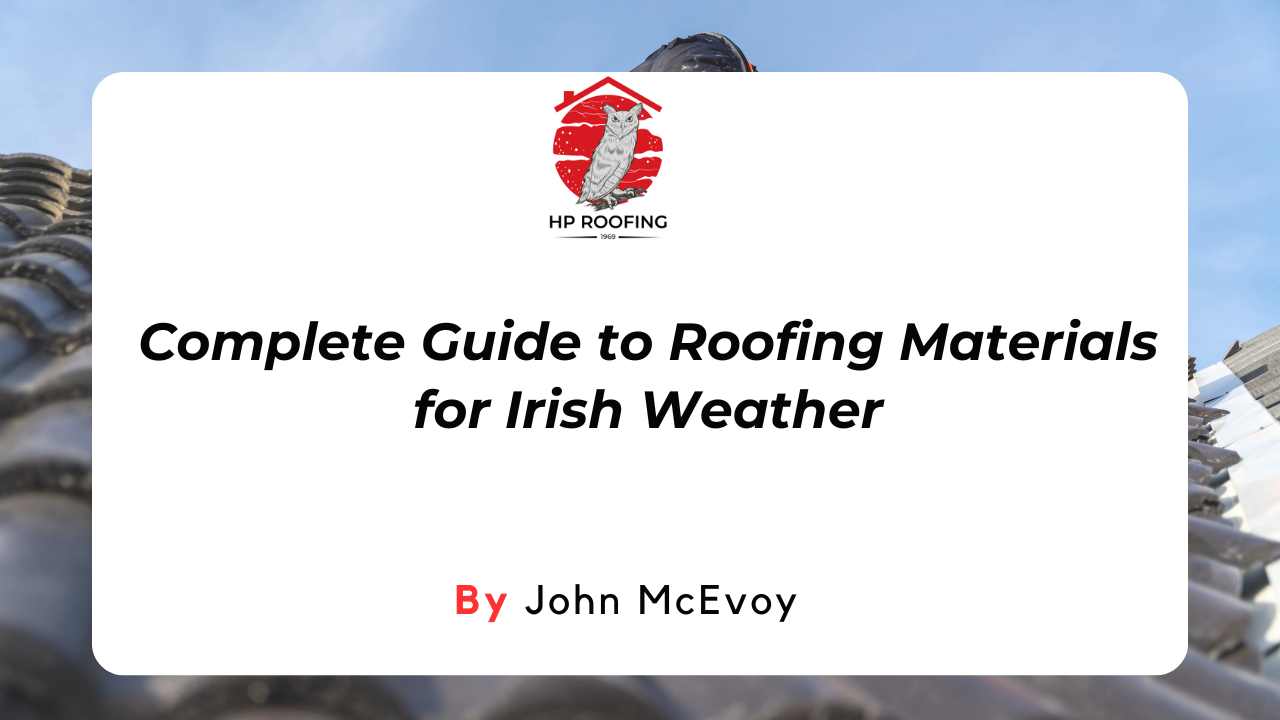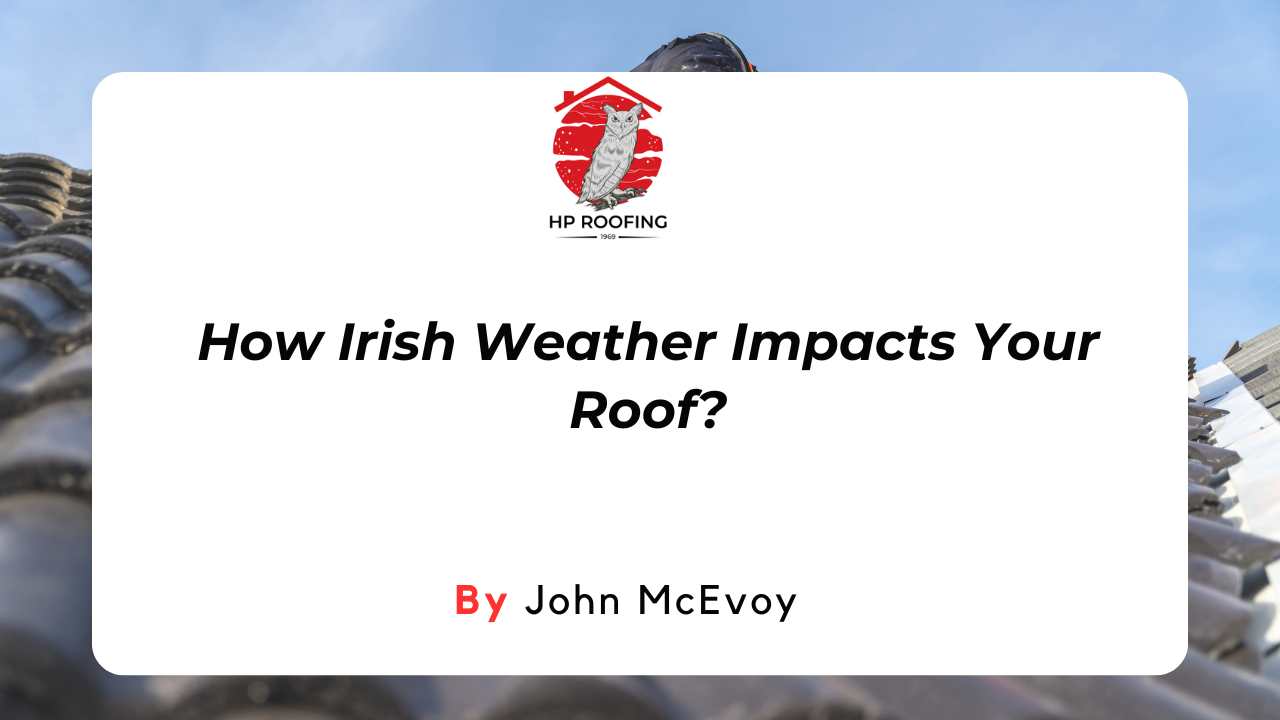Are you thinking of buying a new home but unsure about the condition of its roof? The roof is one of the most important parts of any property, protecting it from the elements while ensuring comfort and energy efficiency inside.
A well-maintained roof can save you from costly repairs and unexpected headaches after moving in. It also plays a significant role in the overall value and safety of your investment, making it essential to assess its condition before signing on the dotted line.
In this blog, we'll explore what to look for in a roof before buying a home, covering key factors like age, materials, potential damage, and when to seek professional advise so that you'll know exactly what to check to avoid unpleasant surprises and make a confident purchase.
What to Look For in a Roof Before Buying a Home? 7 Essential Steps
Before committing to a new home, it’s crucial to thoroughly evaluate the roof’s condition.
Following these seven essential steps will help you spot potential issues, avoid costly surprises, and ensure the property is a sound investment.
1. Age of the Roof
Start by asking how old the roof is. Most roofs last between 20 to 30 years, depending on the material used.
Asphalt shingles, for example, have a lifespan of around 20-25 years, while metal or tile roofs can last much longer. If the roof is nearing the end of its expected life, you might need to factor in the cost of replacement.

Additionally, check if the roof has undergone partial replacements. Sometimes, only certain sections are updated, leaving older areas exposed to wear.
Understanding the age helps you assess potential future expenses. A roof inspection report from the seller can provide clarity on its age and condition.
2. Signs of Visible Damage
Conduct a visual inspection from the ground and, if possible, with binoculars. Look for missing, cracked, or curling shingles, sagging areas, and moss or algae growth. These signs indicate potential problems, such as structural weaknesses or moisture retention, which can lead to more significant issues.
Pay attention to discolouration, as it often indicates water damage beneath the surface. Also, inspect the roofline for any irregularities, as unevenness might signal underlying structural concerns.
If damage is visible from the ground, a professional inspection is strongly recommended. Even minor surface damage can develop into larger structural issues if left untreated.
3. Leaks and Water Damage
Check for any signs of leaks inside the home, particularly on ceilings and walls. Water stains, peeling paint, or mould growth often suggest a leaking roof. During an inspection, a professional can use moisture meters to detect hidden water damage that may not be immediately visible.
Inspect the attic for damp insulation or wood rot, as these are common signs of prolonged leaks. Pay attention to musty odours, which often accompany water damage.
Even minor leaks can worsen over time, leading to costly repairs if ignored. Properly sealed flashing improves the roof's resilience against harsh weather.
4. Condition of Flashing
Flashing, usually made of metal, seals roof joints and prevents water from seeping in around chimneys, skylights, and vents. Damaged or corroded flashing can lead to leaks, so it’s important to ensure it's secure and properly sealed. Look for gaps, rust, or loose sections around roof penetrations.
Faulty flashing is a common cause of roof leaks, often overlooked during casual inspections. Replacing damaged flashing is relatively affordable compared to the damage water infiltration can cause. Good ventilation helps maintain indoor air quality and energy efficiency.
5. Ventilation and Insulation
Proper roof ventilation prevents heat and moisture buildup, which can damage the roof structure and lead to higher energy bills. Check if the attic has sufficient ventilation and insulation.
Poor ventilation can shorten the roof's lifespan and contribute to mould growth. Look for soffit vents, ridge vents, or gable vents, which allow airflow through the attic.
Improper ventilation can cause ice dams in winter and excessive heat in summer. Ensure insulation isn't blocking ventilation pathways, as this defeats the purpose of proper airflow.
Regular cleaning and maintenance of gutters prevent blockages and water overflow. Good ventilation helps maintain indoor air quality and energy efficiency.
6. Gutter System

A functioning gutter system directs rainwater away from the roof and foundation. Inspect the gutters for clogs, sagging, rust, or damage.
Overflowing or broken gutters can lead to water pooling around the home, increasing the risk of structural damage. Check downspouts to ensure water flows at least three feet away from the foundation.
Look for granules from asphalt shingles in the gutters, as excessive shedding can indicate roof wear. Properly maintained gutters extend the roof’s lifespan and protect the home's foundation. Regular cleaning and maintenance of gutters prevent blockages and water overflow.
7. Previous Repairs or Replacements
Ask the seller for documentation of past roof repairs or replacements. This can reveal recurring issues or improper workmanship.
If repairs were frequent or patchy, the roof might require further attention sooner than expected. Look for evidence of quick fixes, such as mismatched shingles or excessive sealant.
A well-documented repair history shows the roof was maintained correctly. If no records are available, it’s worth having a professional inspect the roof thoroughly. Knowing the repair history helps you plan for future maintenance and budgeting.
Conclusion
Assessing the roof before buying a home is crucial to avoid unexpected repairs and costly replacements.
By examining factors like the roof's age, visible damage, water leaks, flashing condition, ventilation, gutter system, and past repairs, you can make an informed decision and ensure the property is a safe investment. A thorough inspection helps you identify potential issues early and discuss repair options if needed.
If you're unsure about a roof's condition, HP Roofing can provide expert roof inspections and professional advise. Contact HP Roofing today for reliable support and ensure your new home has a roof built to last.
















